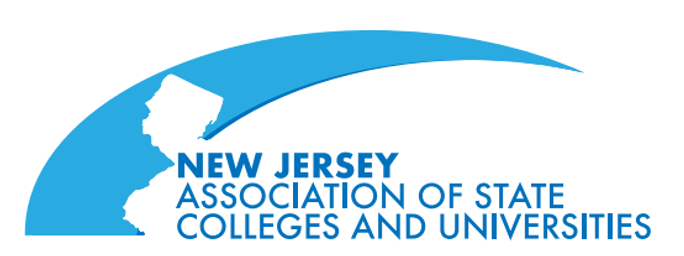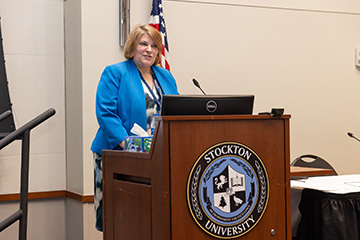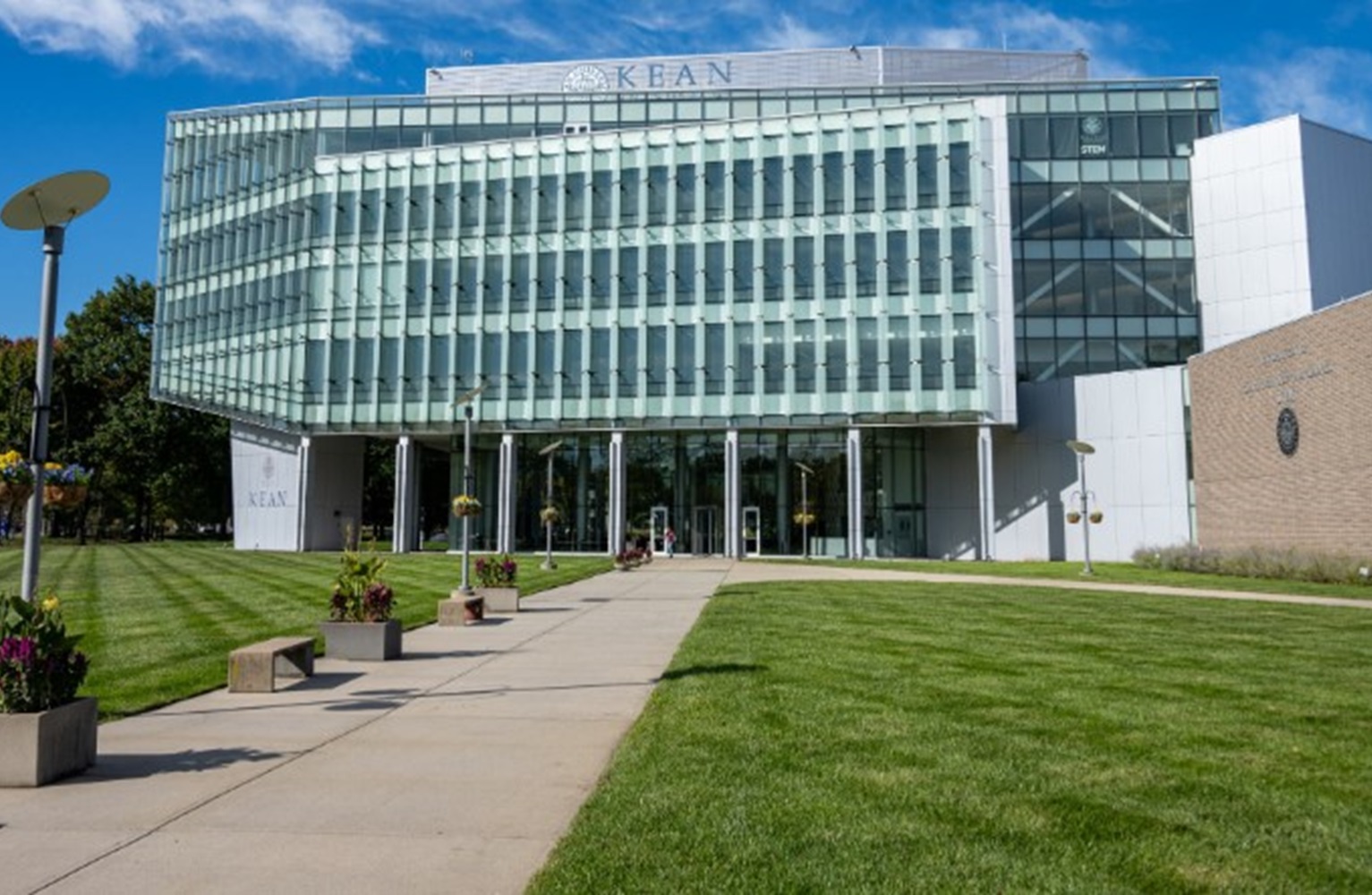The Leading Voice For Public Higher Education In New Jersey
The New Jersey Association of State Colleges and Universities (NJASCU) supports the missions and well-being of senior public institutions of higher education. In cooperation with trustees, students, faculty and campus administrators, NJASCU plays an active role in developing and proposing state higher education policy to better serve New Jersey residents. Its members are the seven senior public institutions of higher education: The College of New Jersey, Kean University, New Jersey City University, Ramapo College of New Jersey, Stockton University, Thomas Edison State University, and William Paterson University.
What NJASCU does
The Association played a key role in achieving landmark legislation in 1986 and 1994, which transferred important fiscal and administrative authority to the campuses from state government, emphasizing trustee governance and direct public accountability. The state colleges and universities in New Jersey are among the nation’s most autonomous public institutions. Specifically, NJASCU does the following:
Analyze Policy & Issues
Analyzes and monitors public policy issues and legislation affecting its member institutions including access and affordability, finance trends, governance, student welfare and more.
Collaborate and Communicate
Collaborates with public institutions on communicating and promoting the distinctive excellence and advantages of New Jersey’s senior public institutions of higher education.
Create Opportunities
Creates educational and public service opportunities for those interested in the success and sustainability of New Jersey’s public institutions of higher education.
$6.1 Billion In Economic Activity
NJASCU member institutions annually produce some $6.1 billion in economic activity in New Jersey, generating an estimated $220 million in tax revenue for the state each year.
For every $1 million in state funds invested, the colleges and universities produce $16 million in economic activity. They also support roughly 36,000 jobs and $2 billion in labor income in the state.




